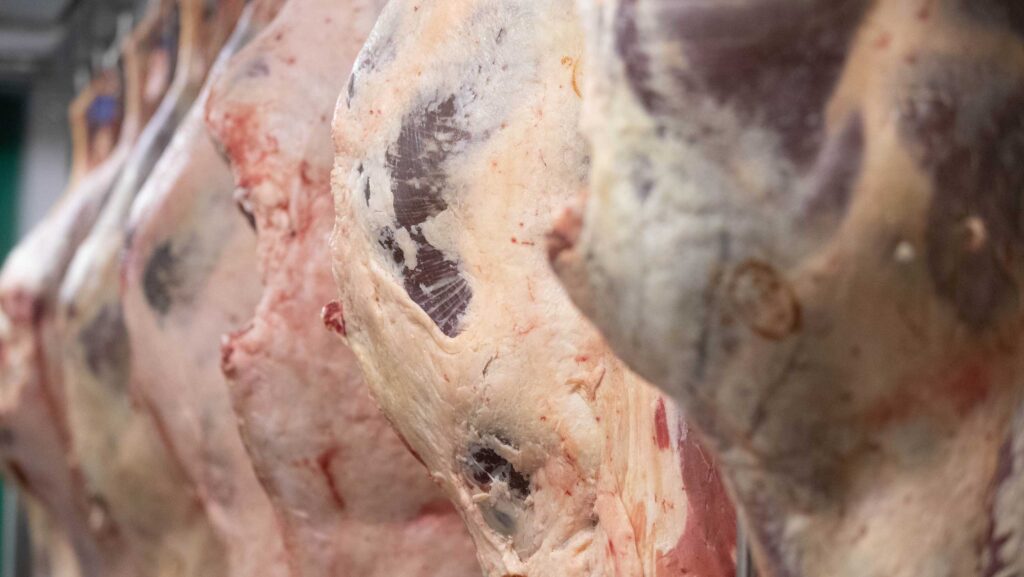Small abattoirs must adapt to serve farmers – AHDB
 © Tim Scrivener
© Tim Scrivener Small abattoirs need to broaden their services and work with other partners to secure their survival, a new report from the AHDB suggests.
The study points to ongoing consolidation in the meat processing sector which, while good for efficiency, can be detrimental to both farmers and the wider food supply chain.
See also: FSA discount decision threatens small abattoirs
According to the report, there were 143 abattoirs in England processing red meat in 2024, of which 118 handled cattle and 115 dealt with sheep.
However, these numbers were about 15% lower than in 2019.
“This decline has been concentrated among smaller and medium-sized plants, while larger facilities have taken on an increasing share of throughput,” says the report.
The report shows that almost half (46%) of all cattle slaughter takes place in just 13 of the largest abattoirs, while the 50 smallest abattoirs account for only 3%.
The sheep sector is even more concentrated, with 62% of sheep slaughtered in 23 large abattoirs, and just 1% in the smallest 27.
‘Detrimental’
AHDB analyst Annabel Twinberrow said that, despite overall capacity being maintained, the closure of small abattoirs is detrimental to the wider supply chain.
“As well as the social and welfare benefits they bring, smaller and localised abattoirs provide vital business to farmers, butchers and rural communities, including private kill services that support direct sales to consumers,” she said.
The loss of small abattoirs can also have negative implications for animal welfare and for the environment, as livestock have to travel further, says the report .
They also often provide flexibility advantages, for example, accepting smaller batch sizes and handling animals with specific traits, such as long coats and horns.
Adapt to change
The AHDB analysis says that both large and small processors need to adapt to the changing landscape.
Larger abattoirs are already investing in automation and technology to address labour shortages and improve efficiency, while smaller plants can diversify services and capitalise on local markets.
“Small abattoirs should make the most of their unique selling points and communicate their benefits,” said Ms Twinberrow.
“While expanding capacity may be costly, offering additional services – such as opening a butcher’s shop – can create new income streams.
“Collaboration with larger processors could also provide access to butchery training, waste management and transport resources.”
Farmer view
NFU Livestock chairman David Barton expressed his concern at the relentless drive towards consolidation.
“Yes, we need an efficient processing sector, but we also want to see good competition among processors to support returns to farmers and give them the confidence to keep on producing more red meat,” he said.
Mr Barton also wanted to see an end to over-regulation in the processing sector, noting that smaller abattoirs provided opportunities for farmers wanting to add value by selling direct.
“And with the change in BSE status, we see great opportunities for developing our red meat exports, so we do not want to see any more consolidation,” he added.
